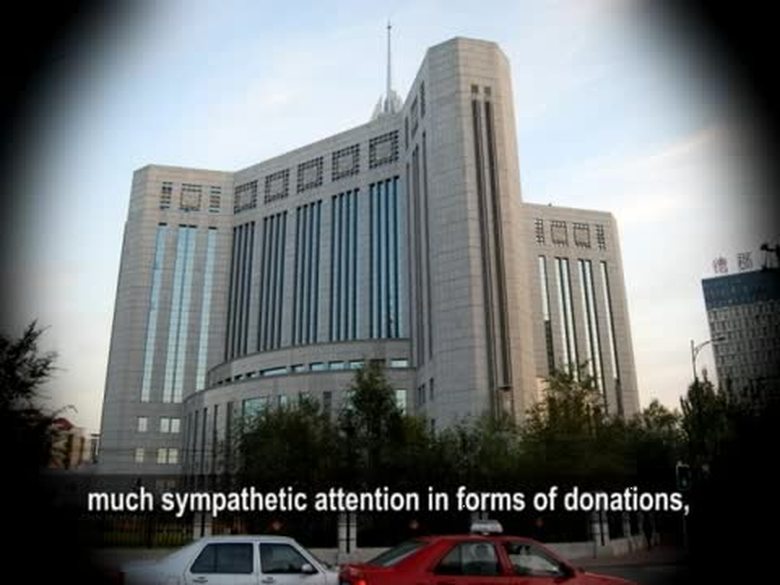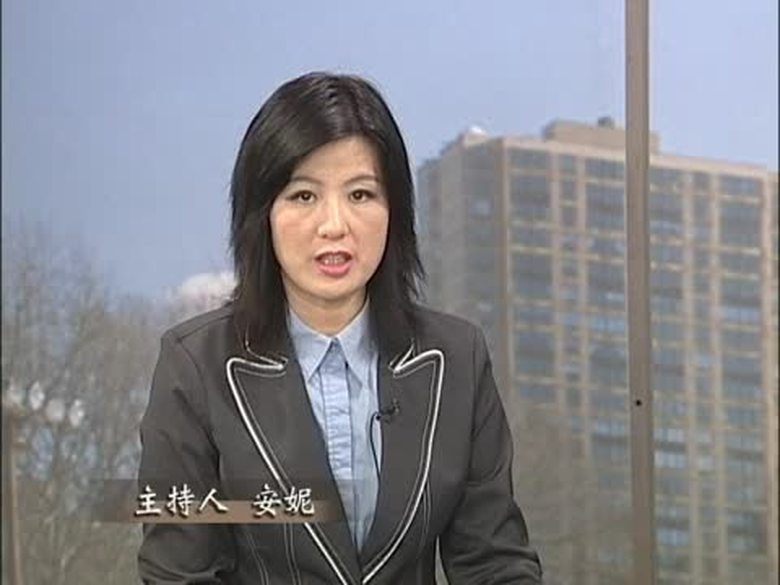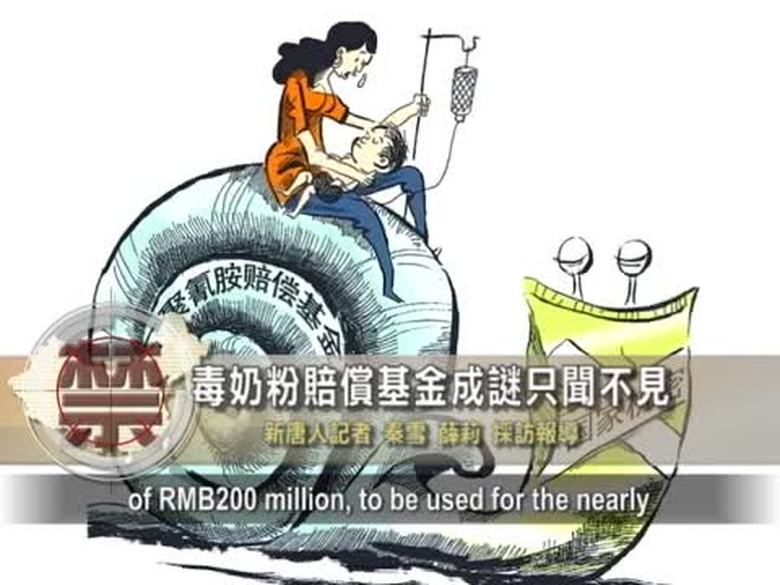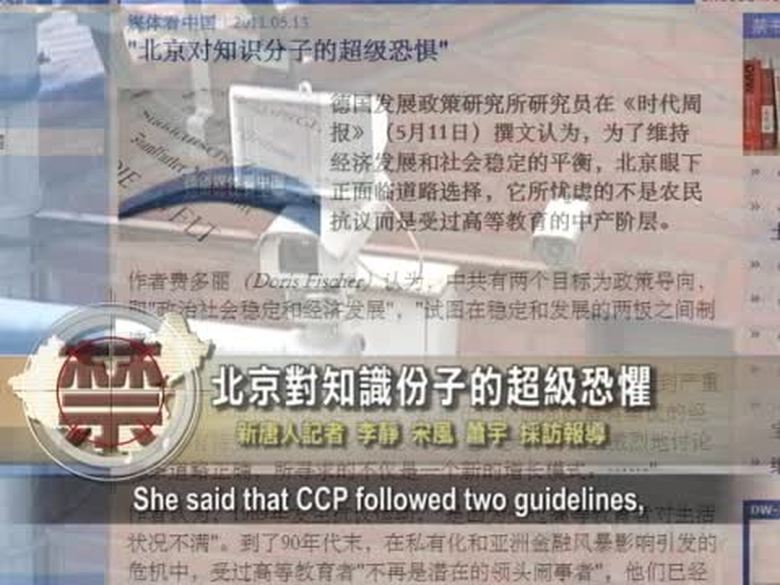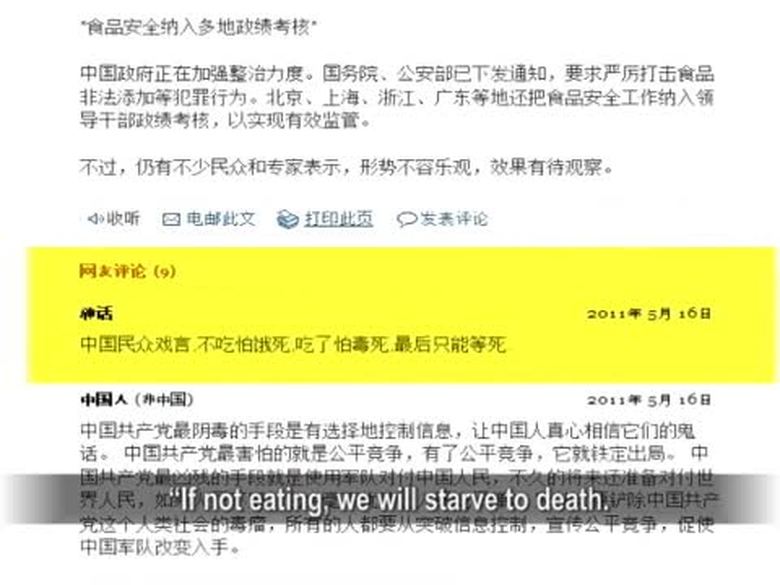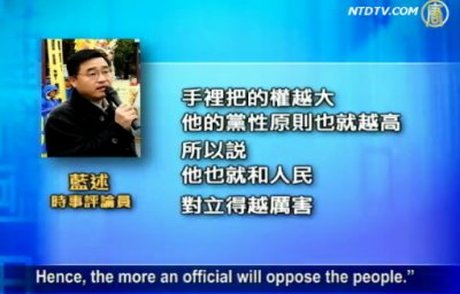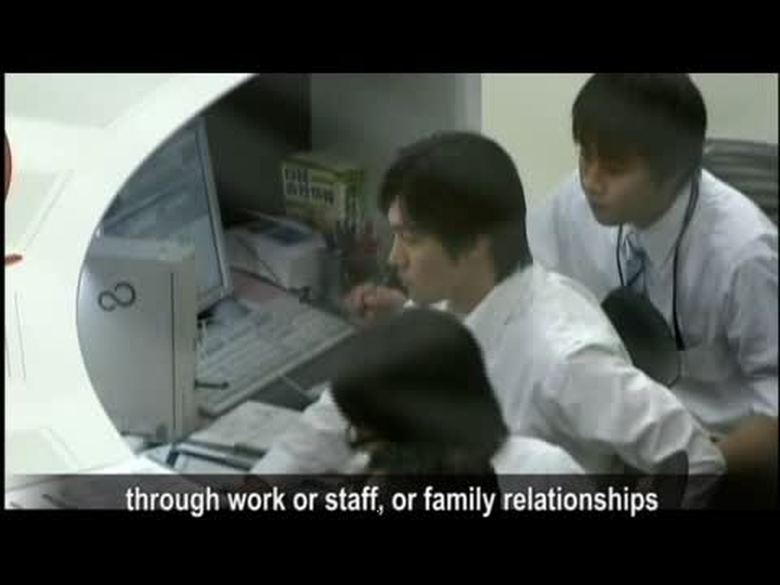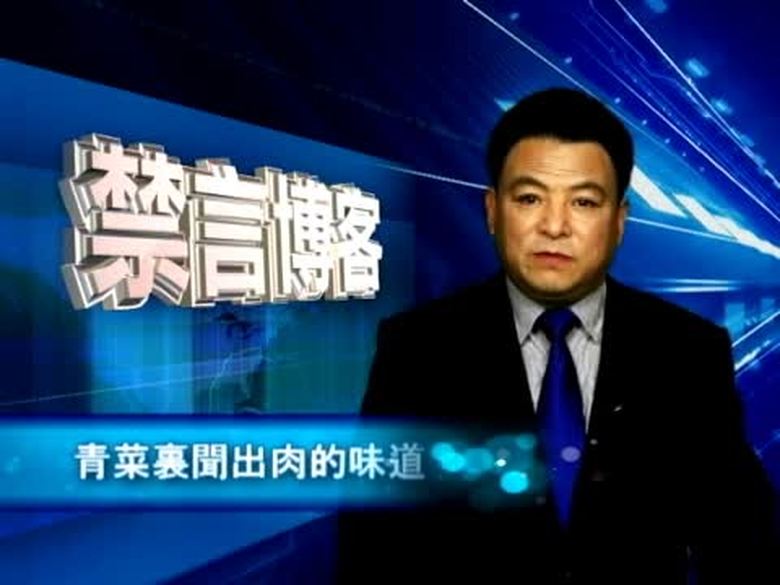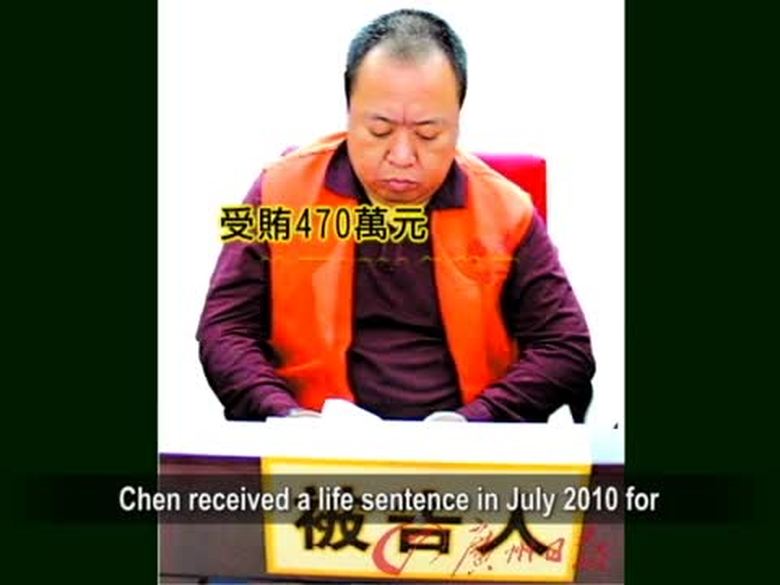【新唐人2011年5月17日訊】中國大陸的通貨膨脹,造成生產成本不斷上升,加上稅賦沉重,以及借不到錢周轉等問題,中小企業普遍陷入經營困境。浙江、廣東和江蘇有大量企業已陷入停工或半停工狀態。
中國大陸的工信部資料顯示,今年一到二月,中小規模以上的企業虧損面達15.8%,虧損額度增長率高達22.3%,但官方沒統計的小型企業虧損可能更嚴重。
香港《文匯報》16號報導,廣東省統計局日前公布,因為原物料上漲、工資調高、銀行貸款利率上升,今年第一季,廣東3.73萬家中小規模以上企業稅後淨利,比一月到二月下滑12.5個百分點。廣東佛山一間生產鋁卷材工廠的負責人透露:工廠去年銷售額10幾億元,單以5%的營業稅來算,就要繳5千多萬的稅,其他25%的企業所得稅等還不算。原物料一直漲,產品卻沒甚麼漲的空間,利潤越來越少。
《經濟觀察報》也報導說,浙江溫州的一家公司負責人吳強向記者透露,今年生意難做,不僅做外貿的日子難過,生産企業更是虧本經營。清明節後,浙江、廣東、江蘇等地中小企業,不斷出現停工或半停工狀態。他們現在都不敢接大單,擔心企業缺電、缺工,生産不了那麼多。加上人民幣對美元還在升值,原本就很低的利潤變的更微薄。
一家溫州製鞋業的李老闆也抱怨,去年底以來,一噸鞋底材料漲了三到四千元,一雙鞋子得漲3塊錢;膠水漲一倍;工資漲20%,偏偏還找不到工人;再加上拉閘限電,中小企業想不死都難。
報導中提到,溫州市經貿委監測顯示,今年一月到三月,眼鏡、打火機等35家出口型企業訂單減少,銷售額下降7%,利潤減少30%,平均利潤只剩3.1%。浙江省中小企業局辦公室主任蔡章生說:比2008年金融風暴時還困難。
此外,人民銀行這個月12號宣佈,從18號起,再調高存準率0.5個百分點,金融機構存準率達到歷史新高的21%,凍結了人民幣3,700億元的資金。
在銀行借不到錢的情況下,中小企業只能轉向民間借錢,導致民間借貸利率普遍上升,甚至出現100%的超高年息。吳強透露:一些不肖企業為了取得更多銀行貸款,不惜低價搶巿把産值做大。再用虛胖的業績去向銀行貸款,再拿去民間放高利貸。
《經濟觀察報》的報導中說,浙江樂清以電線、電纜、電器為主業的三旗集團,就是因為資金鏈斷了被逼的快破産。而在北方的內蒙古包頭,富豪惠龍集團的董事長金利斌因為巨額債務危機,已自盡身亡。外傳他們向民間高額利息融資,借了12.37億元,甚至有銀行、農信社牽涉進去。
溫州市人民銀行表示,當地各大銀行貸款利率已全面上升30%到80%。3月底溫州民間借貸綜合利率水平為 24.81%,也就是月息超過2分,創下歷史新高。今年第一季溫州民間借貸綜合利率上漲11.91%。典當行的月利息也從去年的2.2分,漲到目前的3分。
新唐人記者曾耀賢、周平綜合報導。
Smaller Enterprises Doomed
Facing heavy taxes, money borrowing difficulties
and soaring manufacturing costs due to inflation,
China』 smaller enterprises are in a difficult situation.
Many enterprises in Zhejiang, Guangdong,
and Jiangsu have been shut down partly or wholly.
According to China』s Ministry of Industry and
Information Technology, from January to February,
15.8% of enterprises, except for small enterprises,
experienced a loss of 22.3%.
But the losses of small and medium enterprises,
excluded from official statistics, might be higher.
Hong Kong』s Wen Wei Po reported on May 16
that according to the Bureau of Statistics
in Guangdong, with soaring material costs,
higher wages and lending rate, the profit after tax
of Guangdong』s 37.3 thousand large enterprises
dropped 12.5% in the first quarter,
compared to January and February.
The supervisor of an aluminum sheet factory
in Foshan, Guangdong said: “The factory』s sales
last year were over RMB1billion
and tax was over RMB50million with sales tax rate
of 5%, disregarding the 25% corporate income tax.
Because the material costs keep soaring
while the product prices can hardly increase,
the profit is getting worse.”
According to The Economic Observer, Wu Qiang,
the supervisor of a corporation in Wenzhou,Zhejiang,
told reporters that doing business is hard this year,
not only for foreign trade industries
but also for manufacturers. After Qingming Festival,
enterprises in Zhejiang, Guangdong, and Jiangsu
have been shut down partly or wholly one by one.
They dare not take large orders now,
being afraid that they can』t fulfill them
from a lack of electricity and labor.
With the increasing exchange rate of U.S. dollar,
their profit gets even less.
Mr. Zhang, owner of shoe factories in Wenzhou,
also complained that the cost
of a ton of sole materials has increased
by RMB3000-4000 since last year.
The price of a pair of shoes needs to increase
by RMB3. Now glue price has doubled.
Wages increased 20% but it』s still hard to find labor.
With the limited use of power,
small and medium enterprises are doomed.
The report also mentioned that according to
Wenzhou Economic and Commercial Committee,
35 factories of glasses and lighters got fewer orders
from January to March, with sales dropping 7%,
profit dropping 30%, and an average profit of 3.1%.
Office director of the Medium and Small-Sized
Enterprise Bureau, Cai Zhangsheng, said:
“It』s even harder than 2008』s financial crisis.”
Also, the People』s Bank declared on May 12
that the deposit reserve rate will further increase
by 0.5% since May 18, and reach a new high
of 21%. An amount of RMB370 billion will be frozen.
Small and medium enterprises could only borrow
money from folk people instead of banks
and it resulted in an increasing folk lending rate,
whose annual rate could be as high as 100%.
Wu Qiang said: “In order to borrow money
from banks, some amoral enterprises
even sell their products at very low prices
to expand the output value.
They use false records to apply for loans from banks
and then lend this money on usury.”
According to The Economic Observer,
Sanqi Corporation, which produces wires, cables
and electrical devices in Yueqing and Zhejiang,
is going bankrupt because the funding chain
has broken. Jin Libin, CEO of Fuhaohuilong Group
in Baotou, Inner Mongolia, has committed suicide
because of a huge debt. It is said the corporation
borrowed RMB1.237 billion from folk loan sharks,
banks and rural credit cooperatives.
According to the People』s Bank in Wenzhou,
local banks』 lending rates have increased by 30%
to 80%. At the end of March, the consolidated
folk-lending rate in Wenzhou was 24.81%,
nearly 2% per month, which is a new record high.
The average consolidated folk-lending rate
in Wenzhou increased by 11.91% in the first quarter
this year. The monthly rate of pawn broking
has increased from last year』s 2.2% to 3%.
NTD reporters Zeng Yaoxian and Zhou Ping








